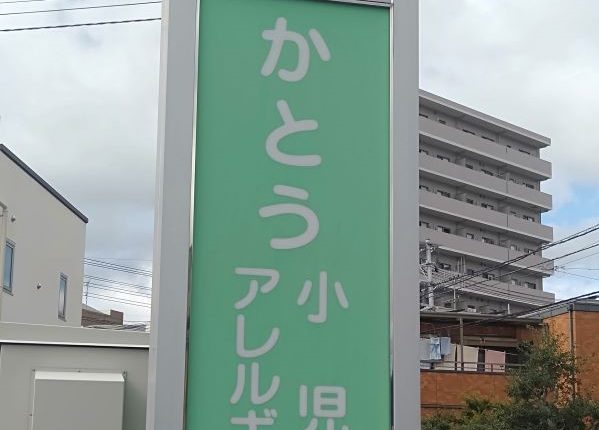Ever heard of the saying, “reading maketh a man?” Well maybe at Kato Kids’ Clinic in Japan, not only does reading make a man but certainly it will heal the sick too.
A comparatively common spectacle is when adults read when riding on buses, trains and aeroplanes probably because the journey is long and could be boring for the ‘on the go’ personality who has no minute if idleness; but when the sick in a supposed agonizing state due to illness read as if practicing leisure, then reading must be a culture the Japanese have embraced too well.
From where I had come from in Ghana, it was uncommon for children to find reading and writing materials in many public places as hospitals, churches, banks, and amphitheatres except libraries and schools.
Looking at how children who had been brought suffering varied ailments, flipped through pages of books in the Clinic’s library with parents; these guardians elsewhere in my country will have been psyching their children up for injections, but here in Japan I saw them assist sick wards to write as if they had come there for everything else but sickness.
I sat there and thought, no wonder all Japanese are literate and they had a life expectancy beyond 80 years.
If indeed reading maketh a man and you read even when you were afflicted with sickness then it is no surprise you will recover quickly to live much longer if you read books on healing while sick and even practiced writing since you are what you read, took in or got absorbed with.
Taking the scene from the Clinic – “a pleasantly weird one” into sleep, (knowing that in my home Ghana, your comprehensive medical report wouldn’t be given you to read if you didn’t request for it, because the medics assume after all not many people can read and understand what is read), I dreamt that the literacy rate among children in Ghana could be improved greatly if they read and wrote everywhere even in hospitals and markets.
Mentioning markets, I have seen many women with their pre-schoolers in the Dome market in Accra as they sold and their children occasionally played with their displays.
The point I am stressing is not about them being with their parents in the sun as they sold but I’m saying if that playing time with fish, tomatoes, okro and cassava was changed to play with books in the same marketplace, two or three gratifying effects may be achieved;
- Parents make money for family upkeep,
- While Children develop a love for reading and books, (which will eventually make them) at a tender age and they will live with that ‘new love’ forever,
- And then the parent-child bond is strengthened as well.
Maybe it will remain only a dream if no one wakes me up from it but since it is not a dream but a thought to be considered, I’m sure it will go a long way to improve the reading culture even among adults, and for children, it will challenge them to read anything; signposts, notices, letters, etc anywhere so they are not ignorant of their surroundings especially in this wake of kidnappings.
Should this very one of reading at hospitals and markets be practiced in Ghana strictly, in the near future, the country will be a total literate one like Japan.
(I AM THE GHANAIAN villager that came to Japan).
#reading everywhere
#hospitals are libraries
#markets could be libraries too
#real libraries should be everywhere to encourage reading
#the Ghanaian villager that came to Japan.
Columnist: Afiba Anyanzua Boavo Twum


Comments are closed.